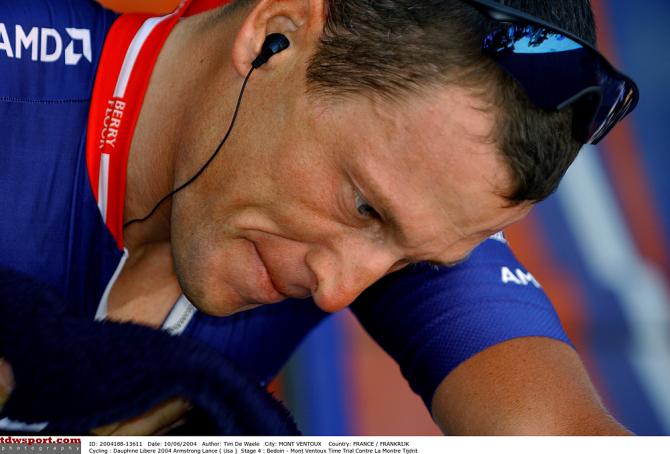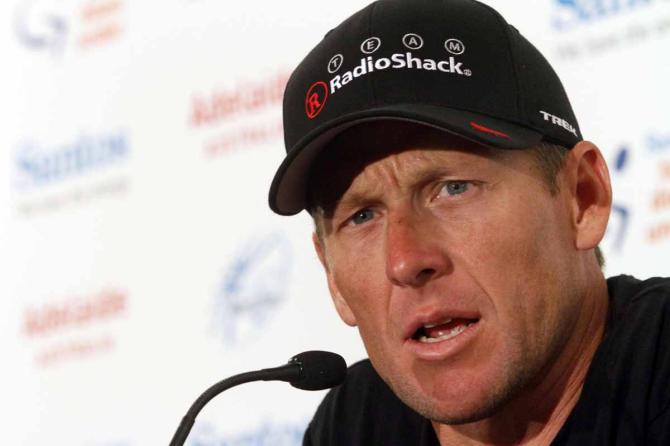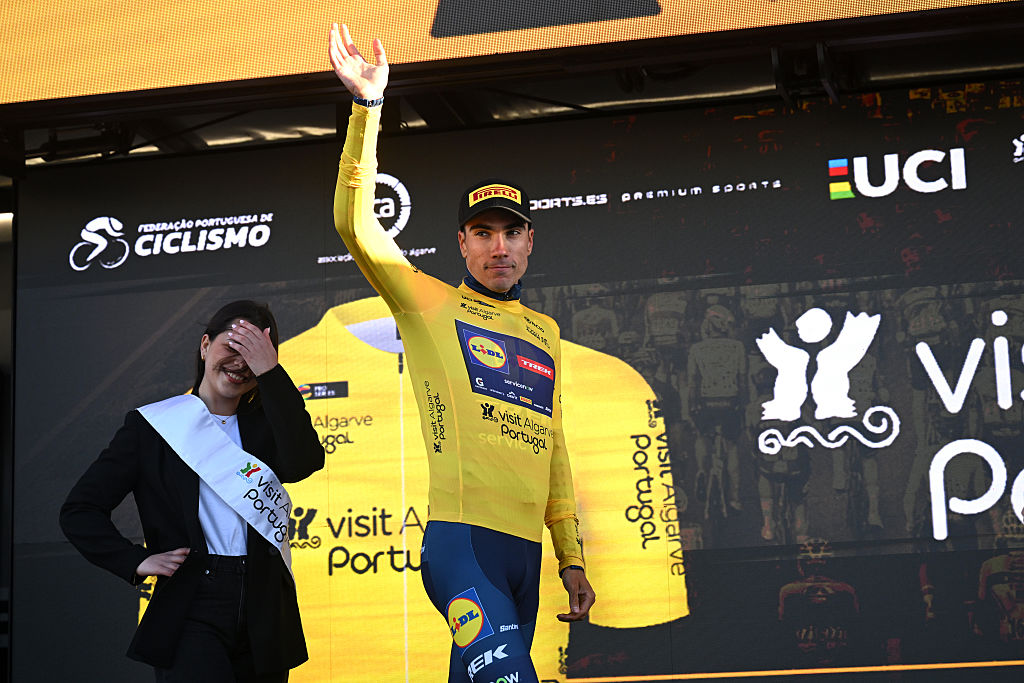Lance Armstrong gives evidence to Cycling Independent Reform Commission
Banned rider was “asked about everything”
The latest race content, interviews, features, reviews and expert buying guides, direct to your inbox!
You are now subscribed
Your newsletter sign-up was successful


Lance Armstrong met with the Cycling Independent Reform Commission in May, and was “asked about everything,” according to a report from the AP news agency. His attorney Elliot Peters said that Armstrong had asked him to arrange the May 22 meeting, which lasted seven hours.
Peters called it a “very good meeting,” and added that “They asked him about everything ... If you made a list of all the questions people would want to ask about Lance and his activities in cycling and everything else, those were the questions that were asked and answered.”
Armstrong is said to have met the three people running the CIRC at a hotel near Dulles Airport, Washington, DC. The three Commission members are chairman Dick Marty, a Swiss politician and lawyer; Ulrich Haas of German, and Austrian Peter Nicholson.
The CIRC was set up by the ICU to investigate doping in cycling’s past, including any role the UCI may have played. It has offered reduced bans to those who fully testify and co-operate, and indicated that this might also apply to Armstrong, but Peters said that Armstrong neither asked for nor was he offered such a deal.
"There is no agreement and that was never discussed. We never asked for one," Peters said. "We do think the ban was unfairly harsh and should be reduced.... He's talking in the spirit of not trying to benefit by getting somebody else in trouble, but in the spirit of let's tell the truth."
In other Armstrong news, he told the Des Moines Register that he might start a new foundation to battle cancer if he is not allowed to return to Livestrong, the cancer awareness foundation he founded in 1997.
He resigned from it in October 2012 after receiving his lifetime ban for doping, and Livestrong Chairman Jeff Garvey said that his return “in any capacity is not on the table.”
The latest race content, interviews, features, reviews and expert buying guides, direct to your inbox!
Armstrong said that he wanted to “stay committed to the fight, stay committed to the cause, and to do that he would either start another foundation, "which is probably the most likely scenario, or just be willing and able to help, wherever I'm asked."

